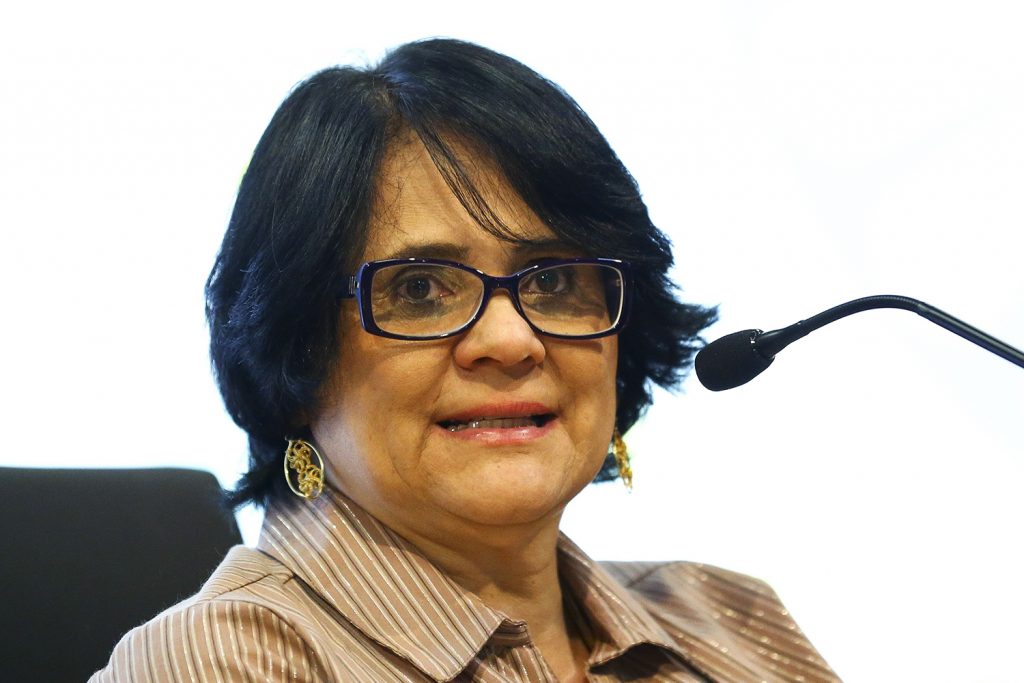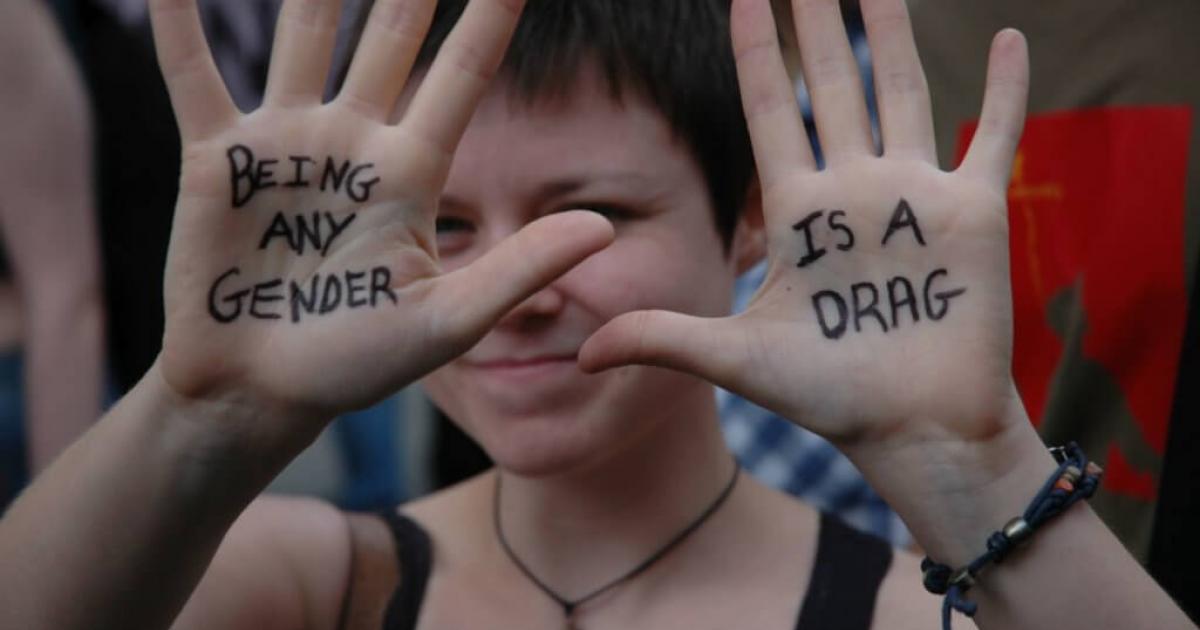RIO DE JANEIRO, BRAZIL – The Brazilian government is beginning to form an alliance with countries that defend conservative positions in order to influence the human rights agenda.
The aim is to change the way in which issues such as sex education and gender ideology have been dealt with over the past 25 years in the UN, WHO and other international organizations, in addition to “reinstating traditional values.”

The initiative has been viewed with behind-the-scenes enthusiasm by some governments, but with concern by others, who fear that such an initiative is a lobby attempting counteract the “progressive” agenda that, in recent decades, has expanded minority rights in international law, including for LGBT groups. The project is also regarded as a possible attack on the consensus formed since the 1990s, strengthening the rights of women and girls.
Last week in Budapest, Human Rights Minister Damares Alves appealed for adherence to the movement. She used her participation in an event about “demography” organized by Viktor Orbán, the Hungarian nationalist and conservative leader, to call on governments to form a “friends of family” group.
According to her, the goal at the UN would be “to defend and rescue the values that some sectors often tend to ignore.” At this point in her speech, the minister was applauded by those who were at the event.
In making her presentation, the minister indicated that she was representing “an incredible man who wants to bring Brazil into the world as a pro-family and pro-life country,” in a reference to Jair Bolsonaro. “Now Brazil is a pro-family nation,” she said.
But the initiative was not limited to Damares’ speech. Diplomats confirmed to UOL that some Brazilian diplomatic missions have already received messages with information about the minister’s iniative.
The idea is that, with a conservative trend in different areas, proposals to “defend the family” could gain acceptance. In Europe, Hungary, the Czech Republic, and Poland could follow this same path.
The project would also have the support of Donald Trump’s government and believes that, in coming years, elections will be marked by the advance of a conservative wing in various regions of the world.

In the last three months, diplomacy has profoundly changed the country’s position on human rights issues. At the UN, it vetoed terms like “gender” in the resolutions and allied itself with ultraconservative governments of the Middle East to try to ban documents that deal with “sex education.”
In all the forums it attends, the government tries to change phrases such as “gender equality” in the texts. In its place, there would only be “equality between men and women.” The basis for the change is the perception that only biological sex exists.
The position has left many Western governments dismayed, particularly coming from Brazil, a country that for years has campaigned for the transformation of international texts to guarantee protection for LGBT groups.
Among foreign delegations, the question is whether the Brazilian initiative will have a relationship with an existing group of Arab countries that also call themselves “defenders of the family.” The group is led by Egypt and includes some of the most conservative regimes in the Middle East and the Islamic world.
Upon learning of Brazil’s new positions, in July, the Egyptian government sought Brazilian diplomats to raise the possibility of Itamaraty joining the Arab group.
In Brazil, NGOs also requested access to Itamaraty documents on the subject, which was denied. PSOL deputies also filed official requests for access to the policies adopted by the Foreign Ministry and its arguments.
Source: Blog Jamil Chade in UOL.

